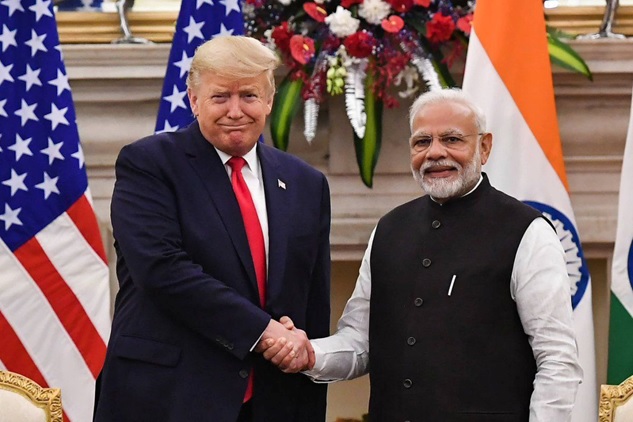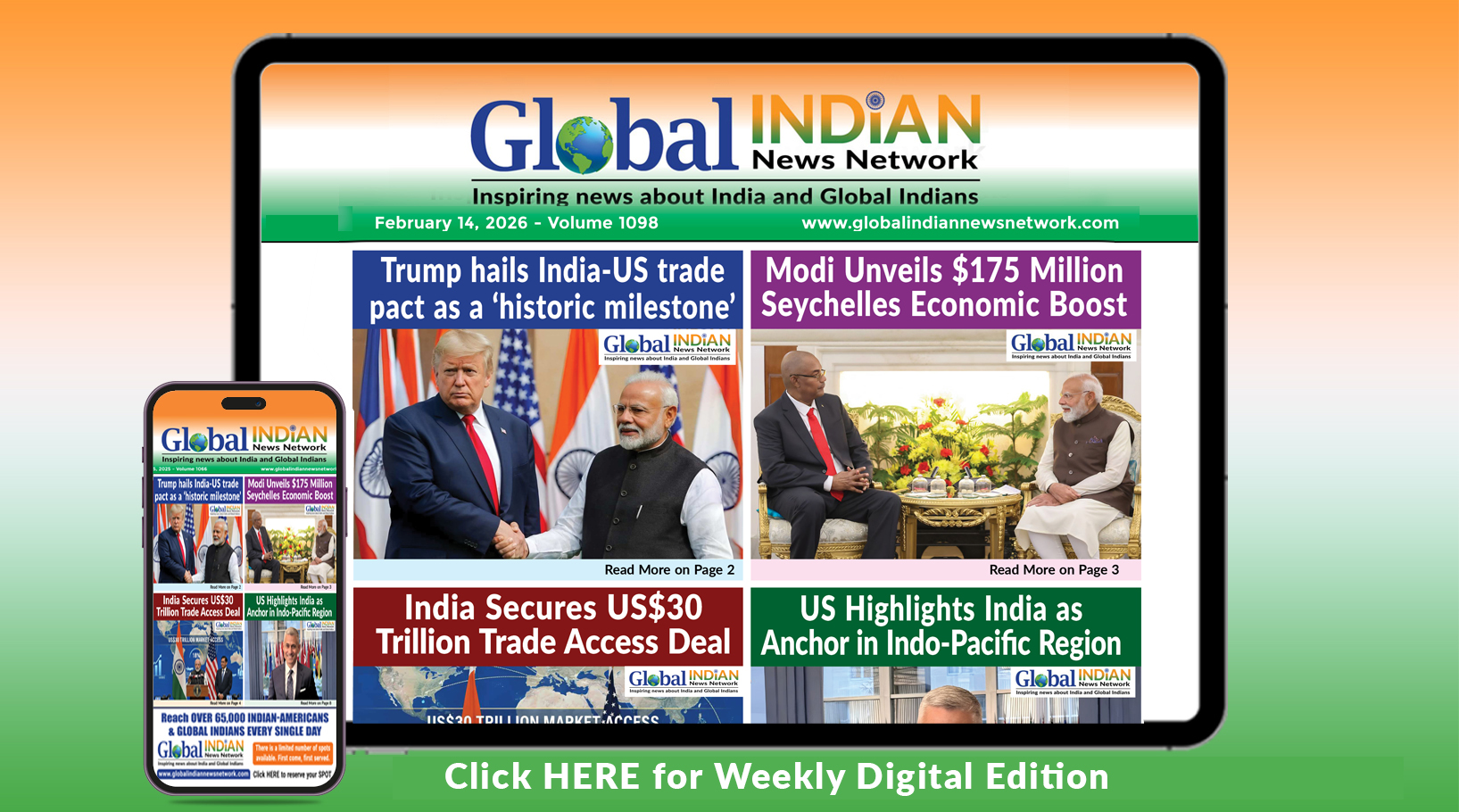 India is eagerly anticipating positive developments as Donald Trump prepares to take office on January 20, 2025. The Modi administration and the Indian public see potential for deeper connections with the United States, despite some past friction over trade tariffs. Both countries are set to build on a foundation of mutual interests established during Trump’s previous term.
India is eagerly anticipating positive developments as Donald Trump prepares to take office on January 20, 2025. The Modi administration and the Indian public see potential for deeper connections with the United States, despite some past friction over trade tariffs. Both countries are set to build on a foundation of mutual interests established during Trump’s previous term.
Prime Minister Modi and President-elect Trump share a close rapport, as evidenced by their recent conversation following Trump’s victory in the U.S. election, where he praised Modi and India as valued allies. This friendship is anchored in their shared focus on national priorities—Trump’s “Make America Great Again” resonates with Modi’s “India First,” aligning both leaders in areas like counter-terrorism and economic growth.
India has welcomed Trump’s return, recalling his support in 2017 for initiatives like the QUAD alliance, intended to strengthen the Indo-Pacific region. Trump’s administration also backed India during the 2020 border standoff with China and was instrumental in advancing defense collaborations, such as leasing advanced drones and supporting India’s acquisition of Predator Armed Drones.
While some trade disagreements arose, Trump advocated for increased investment between the two nations. Additionally, he acknowledged the unique challenges faced by countries like India in transitioning from fossil fuels, pushing for a pragmatic approach.
Looking ahead, Trump is expected to focus on revitalizing U.S. industry by addressing trade imbalances with major economies like China and India. His stance on major geopolitical issues, including his proposed peace negotiations for the Ukraine conflict, suggests an emphasis on resolving long-standing global tensions in favor of U.S. priorities.
In the Middle East, Trump’s past approach against terrorism signals that his administration may take a decisive role in moderating conflicts, such as those in Gaza, by holding influential regional players accountable. India looks forward to Trump’s presidency as a chance to strengthen its multifaceted relationship with the U.S., with mutual benefits expected in trade, security, and regional stability.









